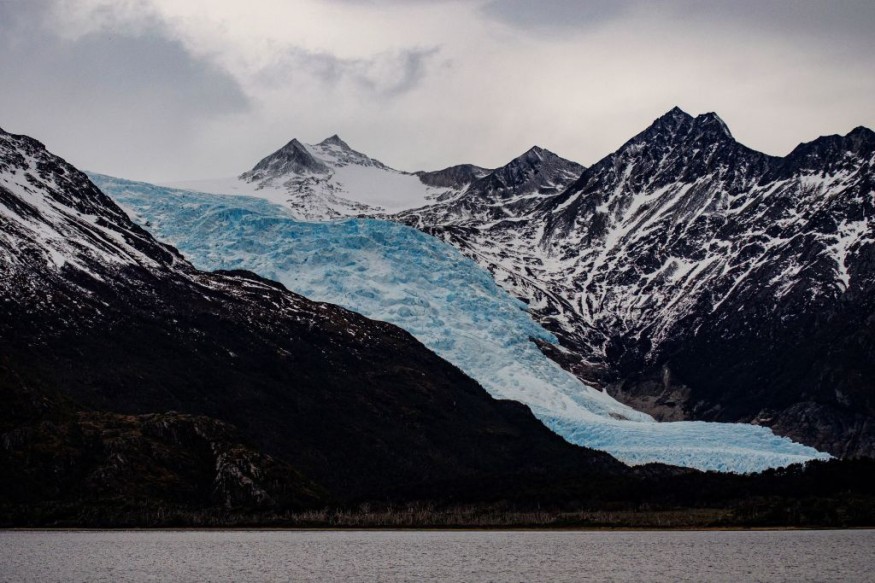Mountains are reportedly often neglected when it comes to the creation and implementation of policies in relation to climate change and global warming.
Evidence showed that more efforts and actions are placed towards plain terrestrial and marine environments.
In recent years, mountain environments are slowly being overwhelmed by a combination of nature and human activities, including settlement expansion.
Mountain ecosystems should be the priority of climate change and biodiversity policies by world governments, according to a UK professor, whose policy brief is being presented at the United Nations Biodiversity Conference (COP 15) in Montreal Canada.
The expert is urging that there is a need for protecting mountain habitats as well, despite their significant role in the environment and climate.
The UN gathering started on December 7 and is scheduled to last on December 19.
COP 15 is an event wherein government leaders around the world will gather once again to come up with new collective goals to guide global action until 2030 and reverse the looming threat of nature loss amid the climate crisis.
This year alone, there have been multiple studies showing that the climate emergency can worsen by 2100.
Mountain Ecosystems

The University of York Professor Robert Marchant is calling on national governments to take action in putting mountain environments at the center of their efforts and actions when it comes to addressing the issue of climate change and the risk it poses to biodiversity, as cited by Phys.org.
Marchant said national policy is not enough to catch up with some existing threats on global mountain systems such as land use change, infrastructural development, population growth, and even climate change.
The said online science and research aggregator also mentioned that this is the case even if the UN General Assembly designated 2022 as the "International Year of Sustainable Mountain Development.
The designation came around 20 years after the first International Year of Mountains, where December 11 is the International Mountain Day.
The annual celebration focuses on the important role of mountains in biological diversity, as well as to the ecosystem, the environment, and its inhabitants.
UN Biodiversity Conference
The ongoing COP 15 until next week aims to the achieve the following objectives:
- adopt realistic and efficient framework for implementation of goals against climate change
- clarify objectives to address the issues of overexploitation
- ensure the protection of rights of indigenous people and recognize their role as stewards of nature
- finance activities that promote biodiversity and deviate from environmentally-damaging ones
According to the UN Secretary-General Antonio Guterres, the Conference of the Parties must ensure the future of Earth's life support system since "we are committing suicide by proxy," as cited in the COP 15 website.
Climate Change and Mountains
The UN Framework Convention on Climate Change (UNFCCC) stated that mountain ecosystems are primarily sensitive to the impacts brought by climate change and are being affected at an unprecedented rate compared to other terrestrial habitats.
The UNFCCC adds that 40% of Earth's population rely indirectly on mountain resources for the purposes of agriculture, drinking water, hydroelectricity, and among others, which could be lost if global warming continues.
Related Article: Climate Change and Tropical Mountains: Vegetation Migrates Upslope
© 2025 NatureWorldNews.com All rights reserved. Do not reproduce without permission.





